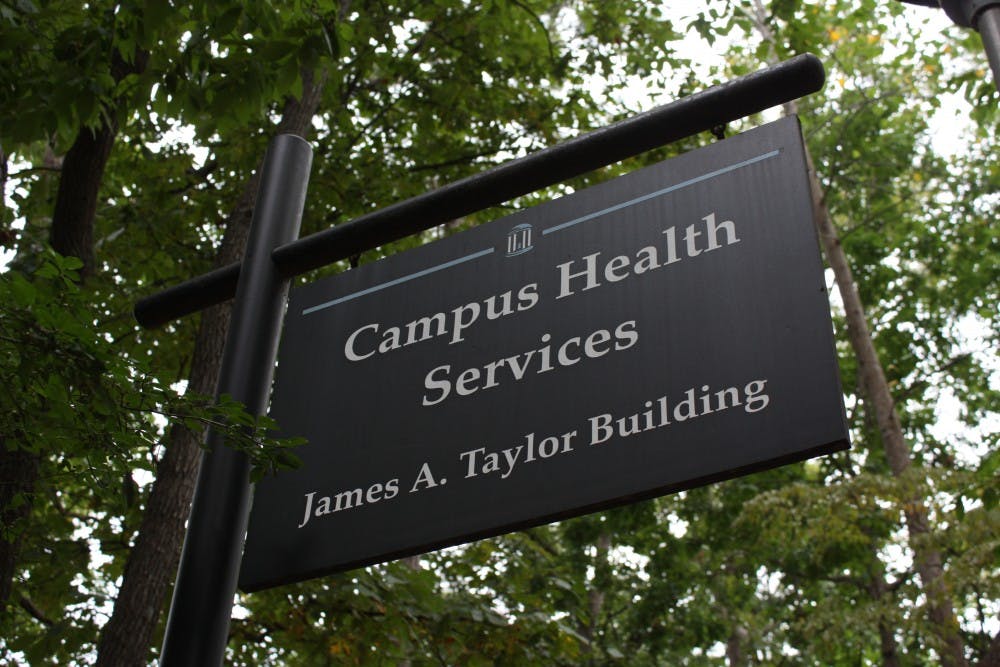Flu vaccinations are commonly cited as the best method to combat strains of influenza — but this year's flu vaccine is slightly less effective due to the widespread, volatile strain of H3N2, a virus more adept at mutating than other flu strains.
According to the N.C. Department of Health and Human Services, the 2017-18 flu is currently widespread in North Carolina and has been responsible for 67 deaths in the state — 21 of which occurred between Jan. 14 and Jan. 20.
Mark Heise, a UNC professor of microbiology and immunology, suggested the effectiveness of the 2017-18 vaccine may be a contributing factor in the severity of the state’s influenza outbreak.
“Part of the reason could be due to the vaccine being a poor match this year, which is likely leading to more influenza infections within the community,” he said.
Heise said this is likely to put highly susceptible individuals at greater risk of exposure.
“The current flu vaccine is only about 30 percent effective against H3N2, a type of influenza A, which seems to be especially prevalent this flu season,” said Ruth Lotz, UNC Campus Health Services physician.
Despite the effectiveness of this year’s vaccine, Myron Cohen, a UNC professor of epidemiology, said the benefits of the vaccine stretch beyond just protection from contracting the virus.
“It’s not just about preventing infection but also reduction of illness and onward transmission,” Cohen said in an email.
According to the Centers for Disease Control and Prevention, only two in five people in the nation receive a flu vaccination prior to the beginning of the season. This year, vaccinations among people ages 18 to 49 dropped by 3.7 percent.




